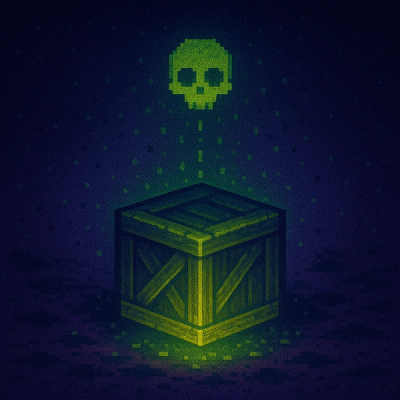@aws-sdk/client-scheduler
Description
AWS SDK for JavaScript Scheduler Client for Node.js, Browser and React Native.
Amazon EventBridge Scheduler is a serverless scheduler that allows you to create, run, and manage tasks from one central, managed service.
EventBridge Scheduler delivers your tasks reliably, with built-in mechanisms that adjust your schedules based on the availability of downstream targets.
The following reference lists the available API actions, and data types for EventBridge Scheduler.
Installing
To install this package, simply type add or install @aws-sdk/client-scheduler
using your favorite package manager:
npm install @aws-sdk/client-scheduleryarn add @aws-sdk/client-schedulerpnpm add @aws-sdk/client-scheduler
Getting Started
Import
The AWS SDK is modulized by clients and commands.
To send a request, you only need to import the SchedulerClient and
the commands you need, for example ListSchedulesCommand:
const { SchedulerClient, ListSchedulesCommand } = require("@aws-sdk/client-scheduler");
import { SchedulerClient, ListSchedulesCommand } from "@aws-sdk/client-scheduler";
Usage
To send a request, you:
- Initiate client with configuration (e.g. credentials, region).
- Initiate command with input parameters.
- Call
send operation on client with command object as input.
- If you are using a custom http handler, you may call
destroy() to close open connections.
const client = new SchedulerClient({ region: "REGION" });
const params = {
};
const command = new ListSchedulesCommand(params);
Async/await
We recommend using await
operator to wait for the promise returned by send operation as follows:
try {
const data = await client.send(command);
} catch (error) {
} finally {
}
Async-await is clean, concise, intuitive, easy to debug and has better error handling
as compared to using Promise chains or callbacks.
Promises
You can also use Promise chaining
to execute send operation.
client.send(command).then(
(data) => {
},
(error) => {
}
);
Promises can also be called using .catch() and .finally() as follows:
client
.send(command)
.then((data) => {
})
.catch((error) => {
})
.finally(() => {
});
Callbacks
We do not recommend using callbacks because of callback hell,
but they are supported by the send operation.
client.send(command, (err, data) => {
});
v2 compatible style
The client can also send requests using v2 compatible style.
However, it results in a bigger bundle size and may be dropped in next major version. More details in the blog post
on modular packages in AWS SDK for JavaScript
import * as AWS from "@aws-sdk/client-scheduler";
const client = new AWS.Scheduler({ region: "REGION" });
try {
const data = await client.listSchedules(params);
} catch (error) {
}
client
.listSchedules(params)
.then((data) => {
})
.catch((error) => {
});
client.listSchedules(params, (err, data) => {
});
Troubleshooting
When the service returns an exception, the error will include the exception information,
as well as response metadata (e.g. request id).
try {
const data = await client.send(command);
} catch (error) {
const { requestId, cfId, extendedRequestId } = error.$metadata;
console.log({ requestId, cfId, extendedRequestId });
}
Getting Help
Please use these community resources for getting help.
We use the GitHub issues for tracking bugs and feature requests, but have limited bandwidth to address them.
To test your universal JavaScript code in Node.js, browser and react-native environments,
visit our code samples repo.
Contributing
This client code is generated automatically. Any modifications will be overwritten the next time the @aws-sdk/client-scheduler package is updated.
To contribute to client you can check our generate clients scripts.
License
This SDK is distributed under the
Apache License, Version 2.0,
see LICENSE for more information.
Client Commands (Operations List)
CreateSchedule
Command API Reference / Input / Output
CreateScheduleGroup
Command API Reference / Input / Output
DeleteSchedule
Command API Reference / Input / Output
DeleteScheduleGroup
Command API Reference / Input / Output
GetSchedule
Command API Reference / Input / Output
GetScheduleGroup
Command API Reference / Input / Output
ListScheduleGroups
Command API Reference / Input / Output
ListSchedules
Command API Reference / Input / Output
ListTagsForResource
Command API Reference / Input / Output
TagResource
Command API Reference / Input / Output
UntagResource
Command API Reference / Input / Output
UpdateSchedule
Command API Reference / Input / Output



